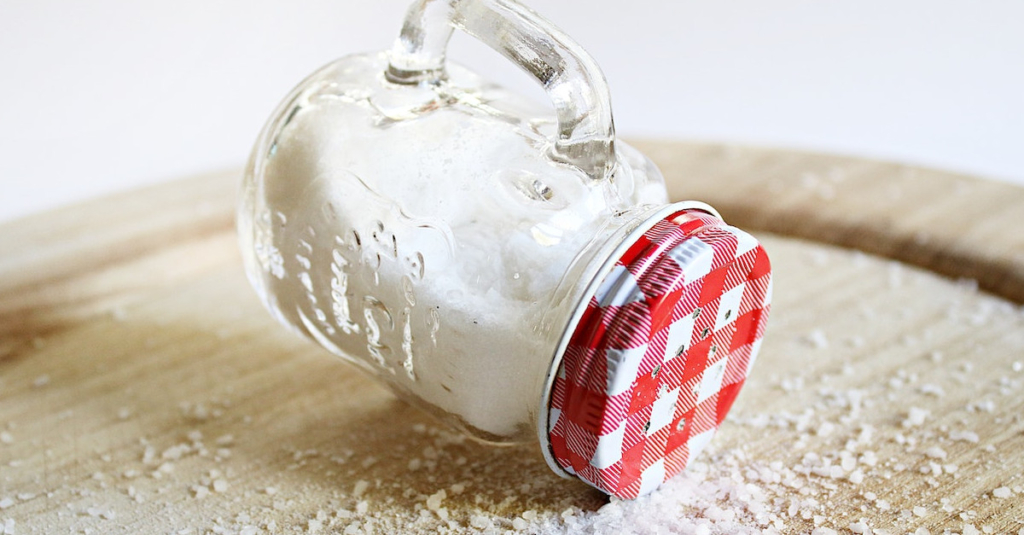Physiologic systems require salt for survival, and salt intake is a biological necessity. Excess salt consumption, however, has been linked to high blood pressure. Medscape, a leading resource for medical news, clinical reference, and education, elaborates on the link between a high salt intake and increased cardiovascular morbidity and mortality. It is estimated that excessive salt intake causes approximately 5 million deaths worldwide each year.
High systolic blood pressure was identified as the leading risk factor among 87 in the Global Burden of Diseases, Injuries, and Risk Factors Study 2019. How does adding salt to foods affect mortality? What is the health impact of reducing salt intake?
High sodium intake has been linked to cardiovascular disease and premature death due to its role as a risk factor. This hypothesis was tested by analyzing the relationship between sodium intake and life expectancy and survival in 181 countries. In high-income countries and worldwide, sodium intake has been shown to be positively correlated with life expectancy and inversely correlated with all-cause mortality, arguing against the possibility that dietary sodium intake may shorten life expectancy.
According to researchers, adding salt to foods more frequently is associated with an increased risk of cardiovascular disease mortality and cancer mortality. Participants who rarely or never added salt to food at 50 were compared to participants who seldom or never added salt to food: they lived 1.50 and 2.28 years shorter, respectively.
Table salt accounts for 6% to 20% of total salt intake in the Western diet. As a result, adding salt to foods provides a way to evaluate the relationship between habitual sodium intake and mortality. It is highly relevant, given that according to a 2010 estimate, 1.65 million cardiovascular deaths were caused by consumption of more than 2.0 grams of sodium per day.






